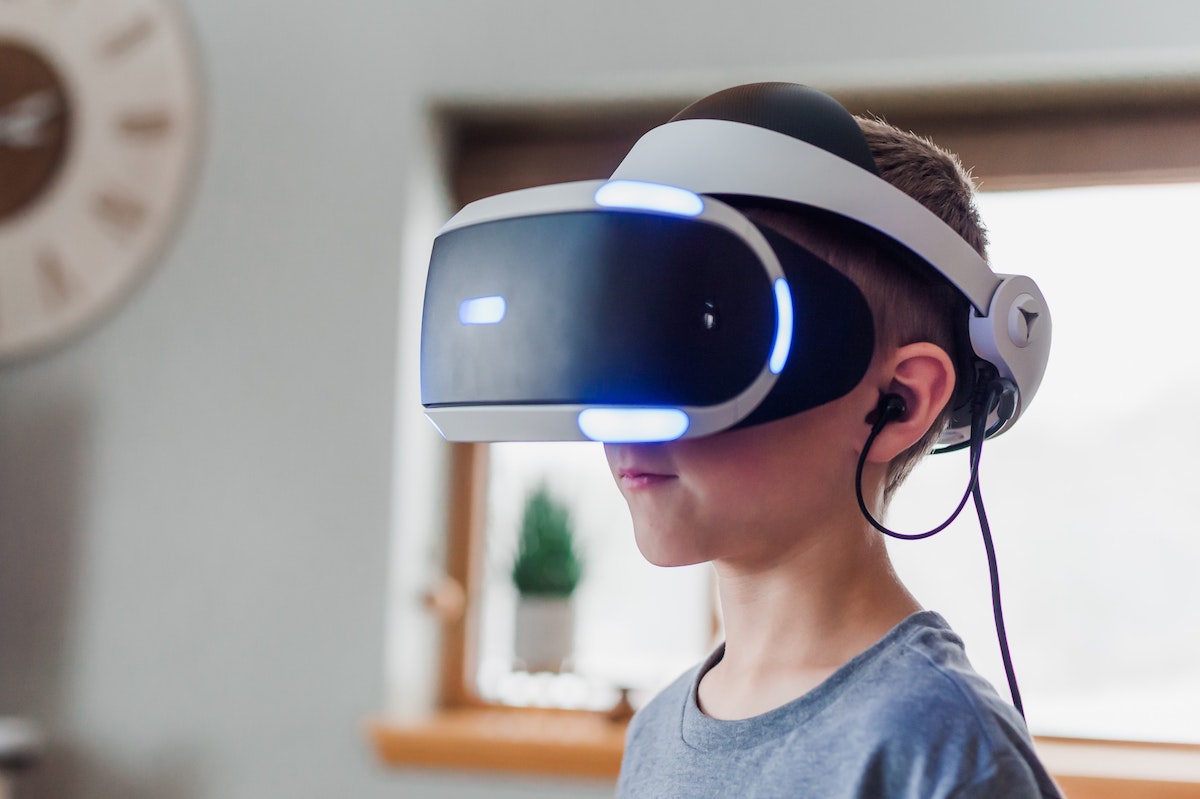A new study from Japan shows that children stuck at home may be turning into internet and video game addicts. In a survey of more than 8,000 Japanese students (ranging in age from junior high to university level), Tokyo-based company TesTee Inc. found that 71% of high school students and 72% of junior high students reported an increase in time spent on their smartphones. More than 80% said that they were spending more time on YouTube, and nearly half also admitted to dedicating more time to gaming apps and home gaming devices. How has the novel coronavirus fueled internet and gaming addiction?
Stuck at Home
So how did we get here? Beginning in March, the novel coronavirus caused school closures throughout the United States. Many students left for spring break, only to find out that they would not return. School districts began by extending spring break for another week, to adding a week at a time to closures, to finally declaring schools closed for the remainder of the year. The result? An extra-long summer burdened by social distancing guidelines and state-mandated quarantine.
“There has likely been an increase in the number of kids immersing themselves online and in games after losing sight of their goals during school closures when many other activities are restricted,” said Miki Endo, a representative for Angels Eyes, a group that provides support for those addicted to the internet.
Many parents believe that this outcome is not dangerous; however, there are very real concerns about technology addiction, including compulsive use of the internet and gaming systems.
The Consequences of Addiction to Technology
In a paper titled “The Association Between Internet Addiction, Depression, and ADHD Among High School Students,” researchers found that 11% of their high school-aged participants had a diagnosable internet addiction. These students also scored higher in inventories that measure rates of depression, ADD, and ADHD. This isn’t the only study of its kind; other research confirms that a link exists between internet addiction and negative mental health effects, as well as worsened academic performance. Other listed effects include multiple personality and psychiatric disorders including impulsivity, poor sleep quality, low self-esteem, mood disorders, and heightened risk of suicide.
The severity of internet and gaming addiction is such that the conditions have been added to Appendix III of the Diagnostic and Statistical Manual for Mental Disorders (DSM-5). Because of the neurochemical and neuroanatomical changes caused to the brain by compulsive and chronic use of technology, this is not a behavior that can be undone overnight. It requires ongoing preventative efforts, as well as comprehensive, evidence-based treatment.
Signs of Addiction
There are a few questions you can ask your child to determine whether their internet and gaming habits are problematic. These include…
- Do you feel preoccupied with the internet or your games (planning your next session or considering previous activity)?
- Have you previously tried to control or stop your technology use, only to find yourself unable to?
- Do you feel the need to use the internet or play games for increasing amounts of time?
- Do you feel restless or irritable when you’re not able to use technology as much as you want?
- Do you regularly spend more time gaming or surfing the internet than you intended?
- Has your technology use negatively affected your grades or relationships?
- Have you lied to family members or friends to hide how much you game or use the internet?
- Do you use gaming or the internet as a way to escape your problems or negative emotions?
If your child answers “yes” to five or more of the above questions, they should receive treatment for internet and gaming addiction.
Preventing Internet and Gaming Addiction
Luckily, there are steps parents can take to prevent their children from becoming addicted to technology. COVID-19 may have closed schools, but it has also resulted in many parents working from home. While in the house together, parents should seek to monitor and regulate their child’s use of smartphones, gaming devices, and computers. Be sure that they are adhering to specific time limits, as well as prioritizing healthy sleeping and eating schedules.
Parents can also encourage their children to participate in non-tech activities while quarantined, such as imaginative play, spending time outdoors, creating something new, reading, or researching specific topics.
Help for Internet and Gaming Addiction in Children and Teens
Realizing that your child is dependent on the internet or video games can be devastating for any parent. Pine Grove offers a weekly outpatient technology addiction group for teens aged 13 to 17. We also have special services available for younger children. If your child struggles with an excessive use of tech, including video games, smartphones, or computers, we encourage you to contact us today by calling 1-888-574-4673.

